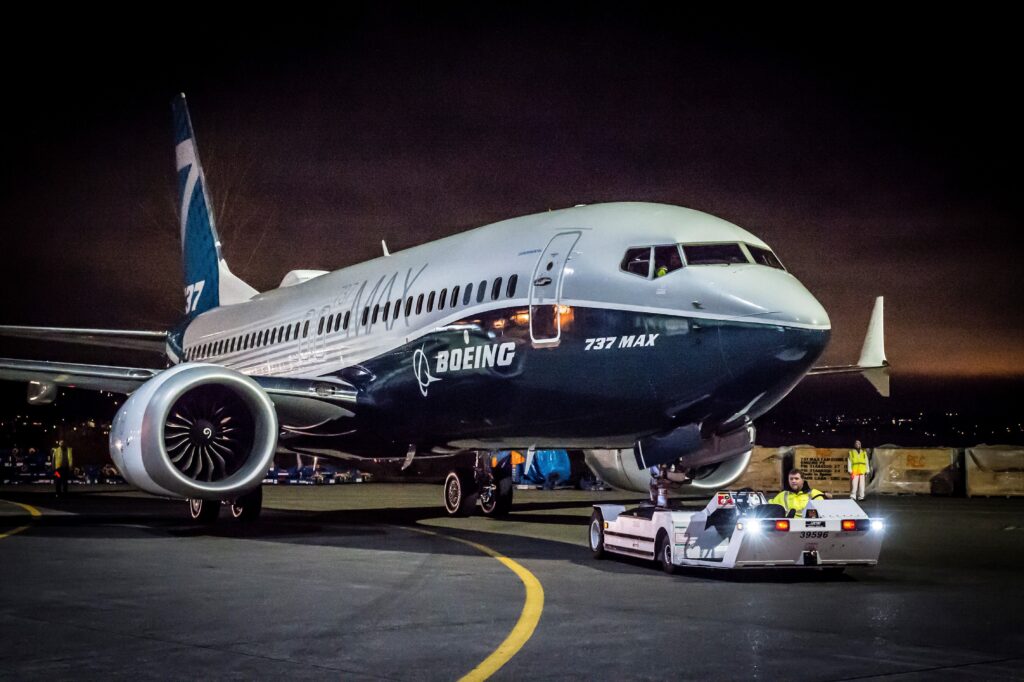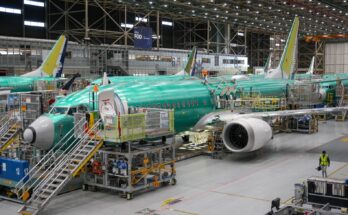
Major changes are afoot at Boeing as the company has announced a shakeup in the company’s leadership as it deals with the fallout of a January 5 incident in which a mid-exit door plug blew out of an Alaska Airlines 737 Max 9 soon after it took off from Portland Oregon. Subsequent NTSB and Federal Aviation Administration investigations revealed widespread quality lapses in the 737 production system. Boeing’s management has faced intense scrutiny from regulators, the press, and the flying public who worry about the safety of Boeing’s aircraft.
Boeing is facing what could be called a manufacturing crisis. It has orders for thousands of 737 Max airliners, but it can’t translate these orders into sales unless it can consistently deliver aircraft built to the highest standards. At this point, it needs to get management in place to engineer a turnaround in the way it produces aircraft, even if that means slowing down production increases in coming years.
Here’s a breakdown of the key moves:
Dave Calhoun, President and CEO, to Step Down: Calhoun will remain in charge until the end of 2024 to ensure a smooth transition and oversee ongoing efforts to stabilize the company.
Larry Kellner Exits Chair Role: Boeing’s current Board Chair Larry Kellner will not seek re-election at the upcoming shareholder meeting.
Steve Mollenkopf Takes the Helm: The Board has chosen Steve Mollenkopf, a former Qualcomm CEO with engineering expertise, as the new independent Board Chair. Mollenkopf will lead the search for Boeing’s next CEO.
Stephanie Pope Takes the Lead for Commercial Airplanes: Stan Deal, President and CEO of Boeing Commercial Airplanes (BCA), is retiring. Stephanie Pope has been appointed as the new leader of BCA, effective immediately. Pope had been serving as chief operating officer of Boeing since January of this year.
This leadership shakeup comes as Boeing continues to navigate a challenging period following the 737 Max problems and other issues. The focus, as stated by Calhoun, remains on ensuring stability and a strong future for the company, with safety and quality at the forefront.
One additional headache for Boeing: Any changes it makes to its production system rely on similar changes to the production quality at Spirit Aerosystems, which supplies the 737’s fuselage. Boeing’s management has blamed “traveled work” for quality lapses on the 737 line because fixing flaws in the fuselages delivered by Spirit often requires workers to handle production tasks out of sequence, and that leads to disorganization and mistakes. Boeing now says it will not accept any components from Spirit that don’t conform to specifications, meaning that Boeing can’t increase production until Spirit can deliver fuselages without any flaws.




